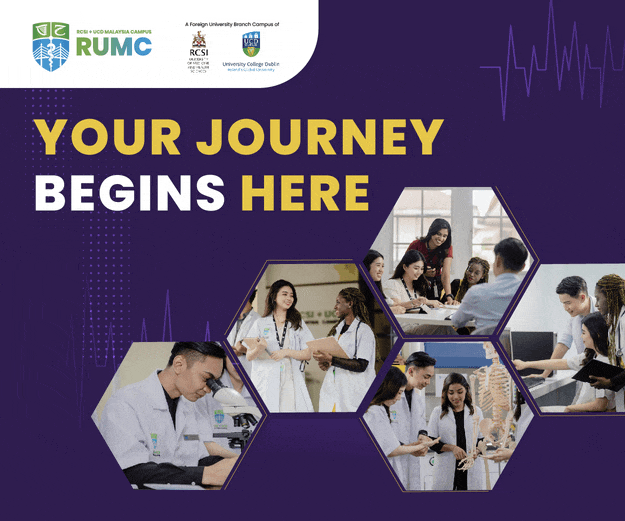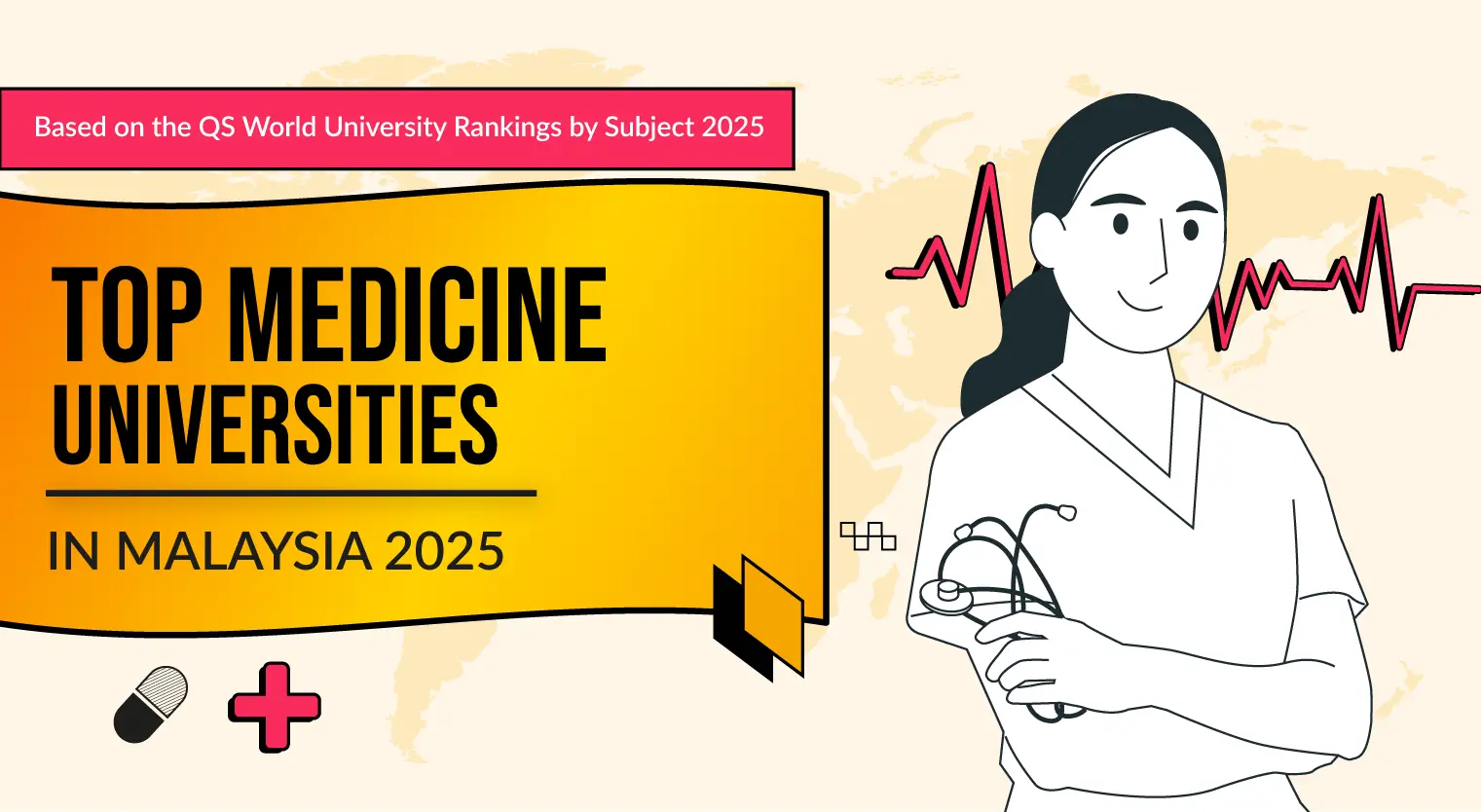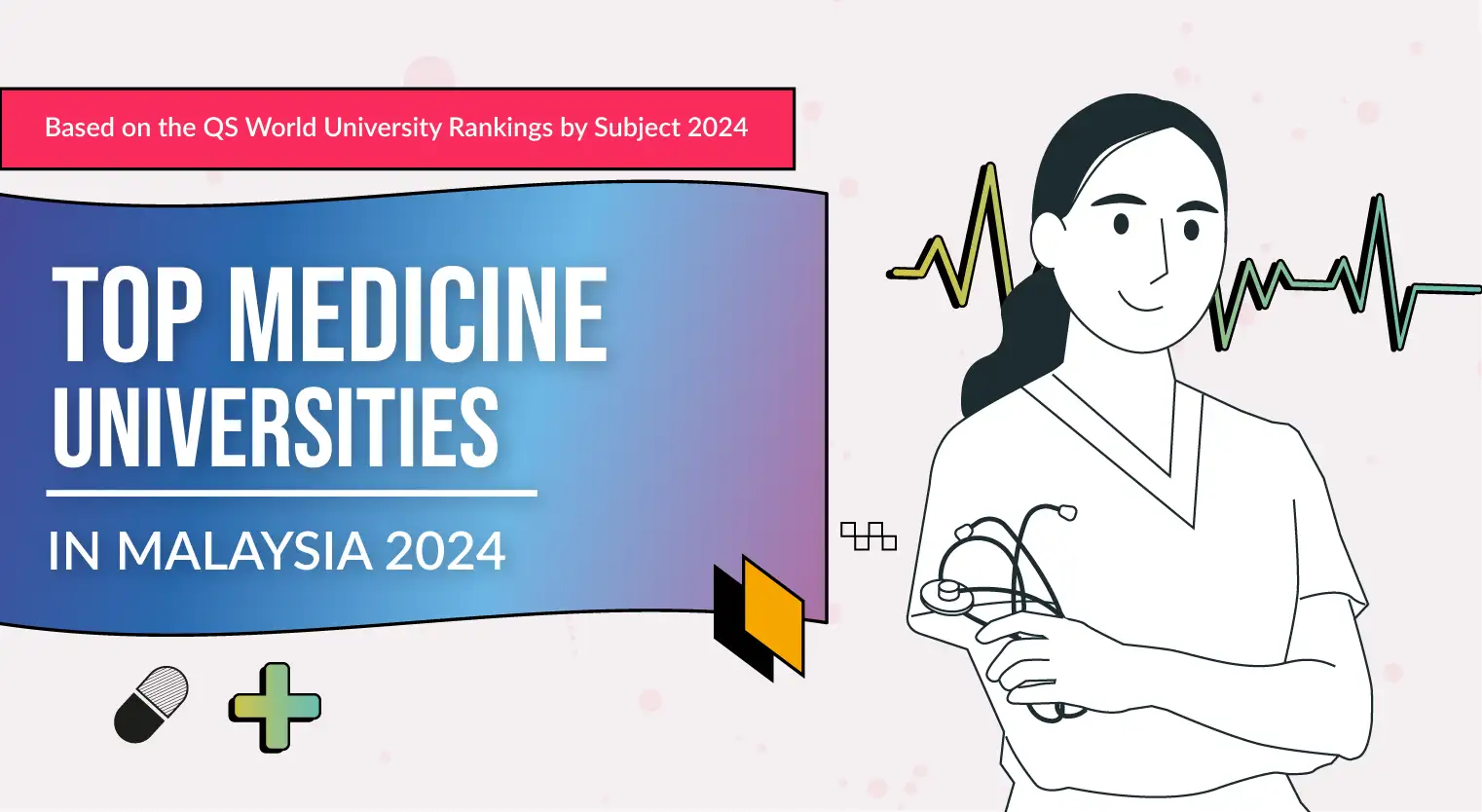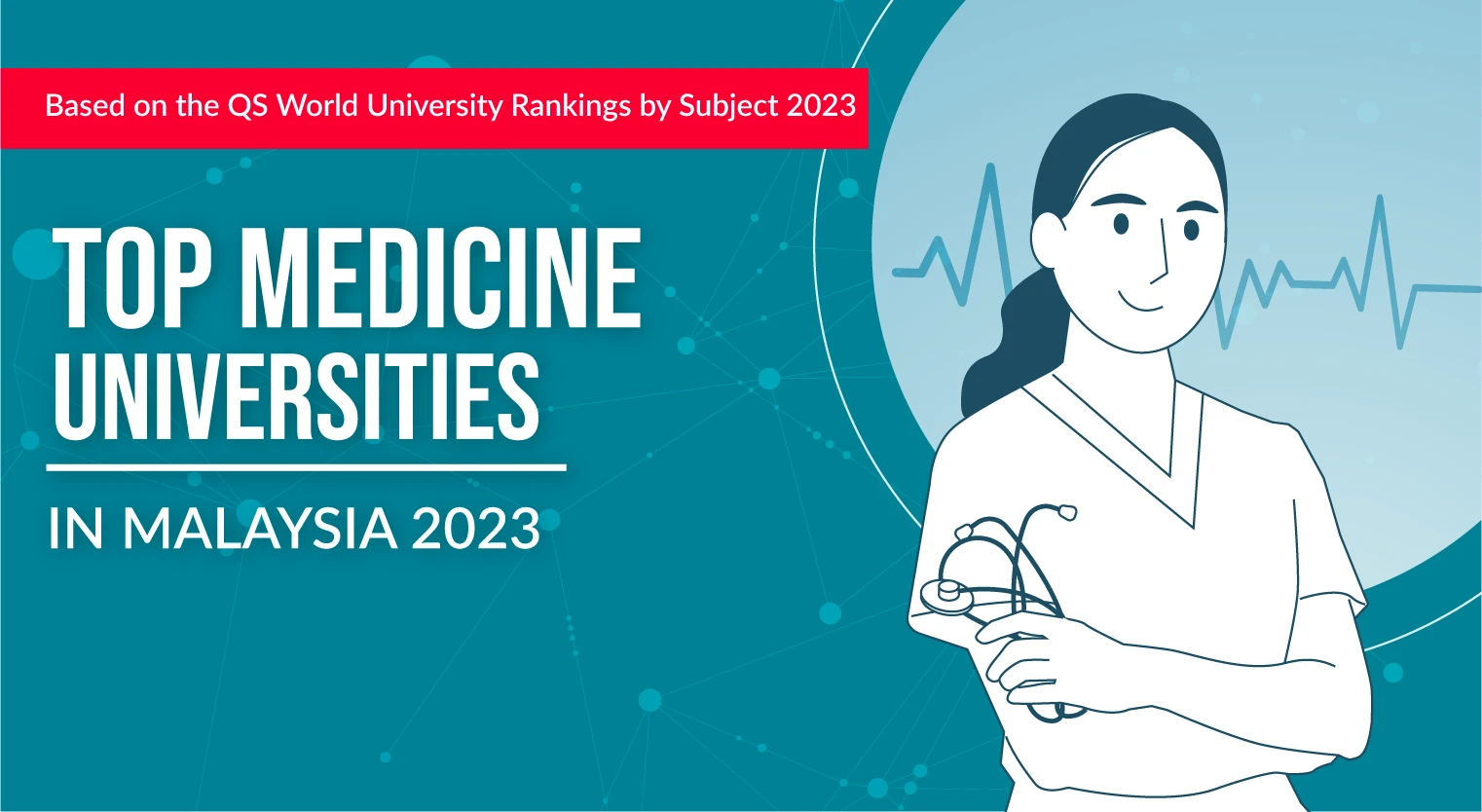6 Misconceptions About Studying Medicine and Being a Doctor That You Need to Stop Believing
Are all medical schools the same? Here’s what you really need to know about studying medicine and what the field is all about.
Published 06 Jul 2022

Do you want to be a doctor but find yourself second-guessing your decision? Perhaps you’re worried about your job prospects due to the contract system or the fact that everyone is telling you that there are too many doctors in Malaysia.
Well, fret not. Here are some of the biggest misconceptions surrounding the medical field and being a doctor, and what the actual truth is.
#1. You can’t pursue medicine without 5Bs in SPM
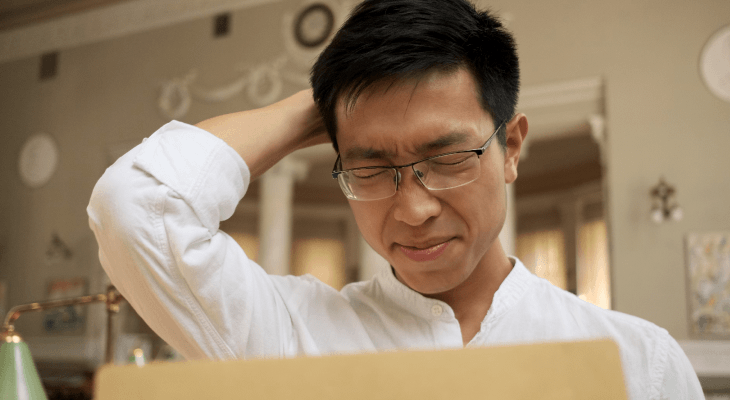
Let’s face it — becoming a doctor shouldn’t be easy. After all, you’ll be responsible for people’s lives so it’s important that every doctor goes through rigorous academic and clinical training.
This is the reason why the entry requirements to pursue medicine are generally higher than other programmes. Specifically, even at SPM level, you’ll need a minimum of 5Bs including Biology, Chemistry, Physics, Mathematics or Additional Mathematics, and one other subject.
However, it’s not the end of the world if you don't meet the requirements at SPM. Perhaps you didn’t do well in physics or mathematics, or you made an error in judgement by dropping them thinking that they weren’t relevant to becoming a doctor.
All is not lost as you can still pursue medicine by studying a pre-university programme — specifically A Levels or STPM — and meet the requirements at a higher academic level. Note that this does not, however, apply to Foundation in Science or Australian Matriculation programmes (e.g. SACEi, WACE) as you’ll still need to meet the requirement of 5Bs at SPM.
#2. Being a straight-A student guarantees you a spot at medical school

If you think a streak of As is what’s going to get you through the door, think again.
While grades are crucial and a prerequisite for applying to medical school, it’s not the only thing medical schools look for. What they want are well-rounded students with interests outside of academia.
So, whether it’s volunteering, making creative videos, hiking outdoors or tending to your own urban farm, make sure you get involved with non-academic passions or extra-curricular activities. Having diversified skills and a wide range of knowledge shows that you have a good perspective of human life and you’re not just book smart.
#3. All medical schools are the same

Contrary to popular belief, medical schools aren’t identical to each other. Although they need to adhere to the standards and requirements set by the Malaysian Qualifications Agency (MQA) and the Malaysian Medical Council (MMC), every medical school is different and they each have their own merits and uniqueness.
Some points of comparison include programme structure, specialised facilities for medical students, clinical exposure, background of lecturers, overseas transfer options and recognition of degree. In addition, there’s also the matter of cost.
Consider comparing carefully to see which medical school suits your goals, objectives and learning style. After all, there is no best medical school, only one that’s best for you.

#4. You can’t hold permanent positions due to the contract system

Learning that your effort in pursuing the field will only be met with a 2-year job contract is enough to turn every aspiring medical professional away. However, things are starting to look up for fresh graduates and you can now consider this issue a thing of the past.
The government has recently announced to open up a total of 3,586 permanent positions for medical officers this year. To boot, at least 1,500 permanent positions for doctors will be created each year from 2023 to 2025. While the market remains competitive, this opportunity is a big step forward for every medical graduate coming into the workforce.
Moreover, the government has also made it possible for contract doctors to specialise, something that only permanent doctors could do previously. Now, more doctors can pursue a specialty and continue to meet the demands for medical specialists in Malaysia.
Apply for university with EduAdvisor
Secure scholarships and more when you apply to any of our 100+ partner universities.
Start now#5. There are too many doctors in Malaysia

It is true that Malaysia’s doctor-to-population ratio has surpassed the recommendation by WHO. However, we continue to need more doctors and healthcare professionals.
First off, there is currently a maldistribution of doctors in the country with most doctors choosing to practise in the cities. This has caused a shortage of doctors in rural areasand the outskirts of towns.
Moreover, Malaysia is still lacking medical specialists, particularly in the areas of anaesthesiology, oncology, radiotherapy, neurology, gynaecology, paediatrics and cardiology. In fact, the Malaysia Health Ministry has stated that the deficiency in anaesthesiologists and intensivists is so severe that it will take more than 10 years to overcome the shortage if the current training capacity is not increased.
#6. Your medical degree is useless if you don’t become a doctor

Whether you fear your medical journey doesn't pan out as planned or you’re looking to go into other options in your career, a medical degree can open a plethora of doors in the healthcare field.
For starters, you can still use your niche skill set as a medical graduate in the field. Consider delving into researchand contributing to public health plans, drug development and disease prevention. In addition, you can also become a community advisor and advocate for community health or a hospital administrator where you’ll be in charge of ensuring the hospital runs smoothly.
If you’re thinking of exploring outside of the field, you’re in luck because your medical degree also equips you with transferable skills that can be useful in non-clinical jobs. This includes medical sales representative, medical journalist or writer, health economist, and lecturer.
In conclusion, medicine is a noble profession that no doubt requires passion and hard work but offers plenty of benefits in return. Don’t let myths and misconceptions get in the way of realising your dreams and how you can contribute to the healthcare industry.



